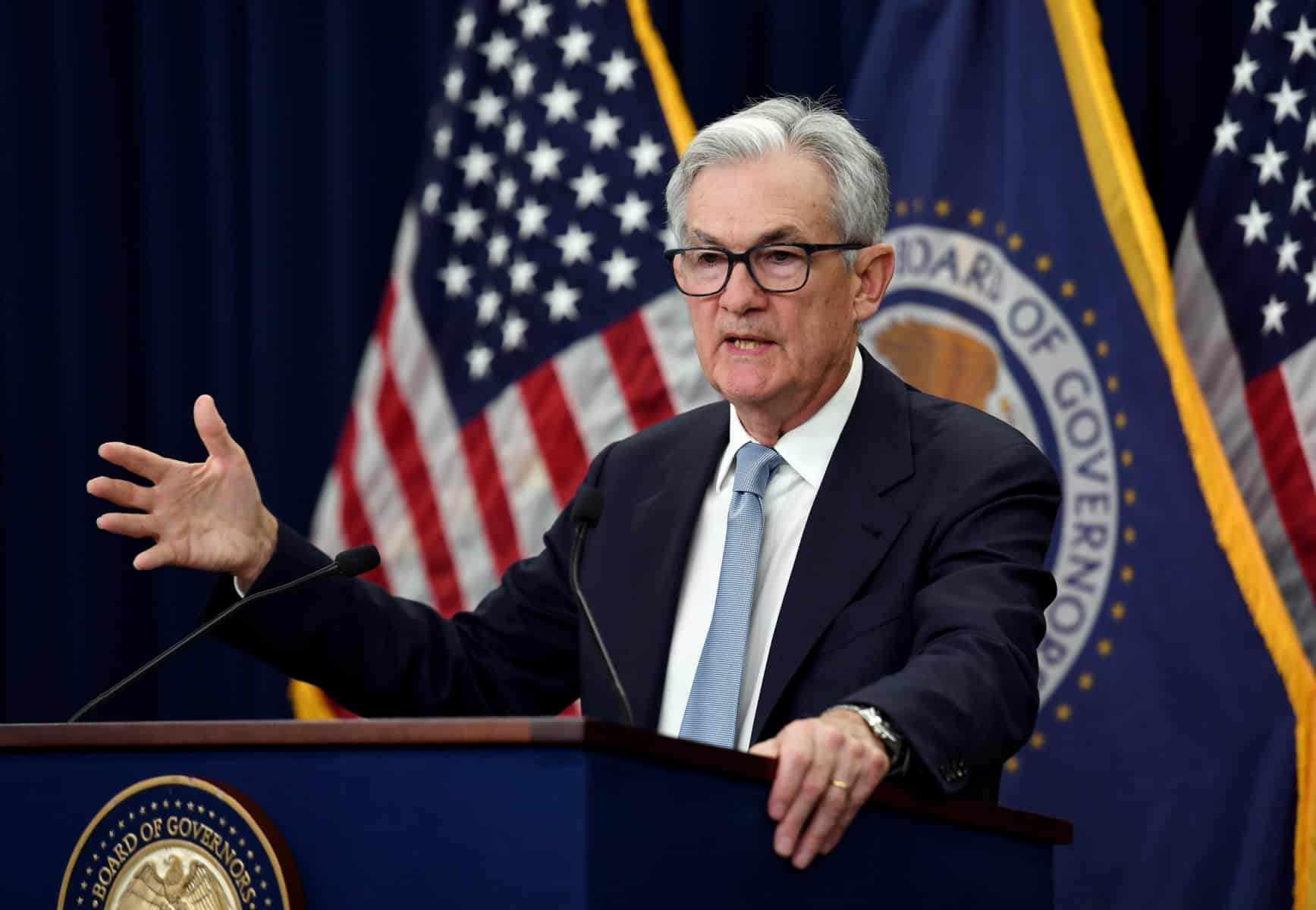LONDON — Expectations for the US Federal Reserve’s recent meeting have shifted throughout the month. When Fed Chairman Jerome Powell informed a Senate committee earlier in March that inflation remained too high, expectations for an interest rate increase shifted from 25 to 50 basis points.
However, days later, the collapse of Silicon Valley Bank and Signature Banks sparked fears of a banking crisis and potential global repercussions. Consequently, some commentators anticipated no rate increase in March based on these developments.
The Fed’s challenge of curbing stubbornly high inflation without igniting the banking system and causing financial instability has been dubbed “The Big Decision.” We believe there was not really a big decision here. If the Fed had implemented an increase of more than 25 basis points, it could have triggered further instability, while doing nothing could have been seen as negligent.
The Fed must proceed with caution, as past mistakes are coming back to haunt the US central bank. They were slow to act in taming inflation from the beginning, resisting interest rate hikes from near-zero levels for most of 2021, even as prices soared due to pandemic-related supply chain disruptions, COVID outbreaks, and a persistent labor shortage, among other factors. This inaction has led to sky-high inflation, particularly in wages.
It appears that the Fed has not learned from the mistakes of the 1980s. Throughout much of the 1970s, the US central bank hesitated to implement rate hikes, likely due to political pressure from leaders unwilling to permit higher unemployment rates during their tenure. This reluctance led to workers demanding ever-increasing salaries, forcing businesses to raise prices to compensate, ultimately resulting in the notorious wage-price spiral and recession of the 1980s.
Investors are now eager to build their investment portfolios with new money, anticipating looser monetary policies from the Fed and other major central banks that will boost financial markets. This sentiment followed pledges from the Federal Reserve, Bank of England, Bank of Japan, Bank of Canada, European Central Bank, and Swiss National Bank to keep credit flowing amid serious issues affecting the banking sector, demonstrating their commitment to preventing a crash.
Investors interpret these promises as signs that central banks will ease off interest rate hikes. Looser monetary policies are expected to trigger a surge in financial markets. Not wanting to miss out on the next rally, clients worldwide are now informing consultants of their intentions to build up their investment portfolios with new money.
Nigel Green is deVere Group Chief Executive Officer.
The opinions expressed are those of the author and may not reflect the editorial policy or an official position held by TRENDS.

